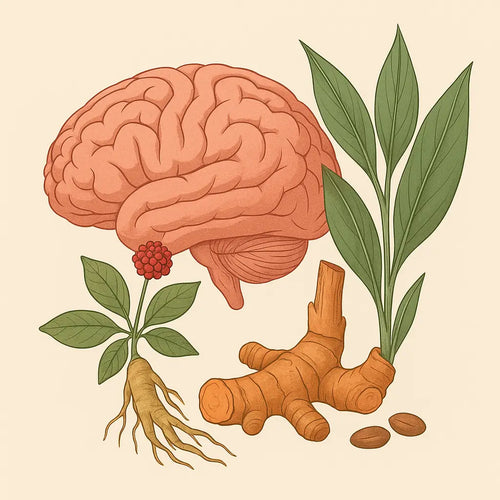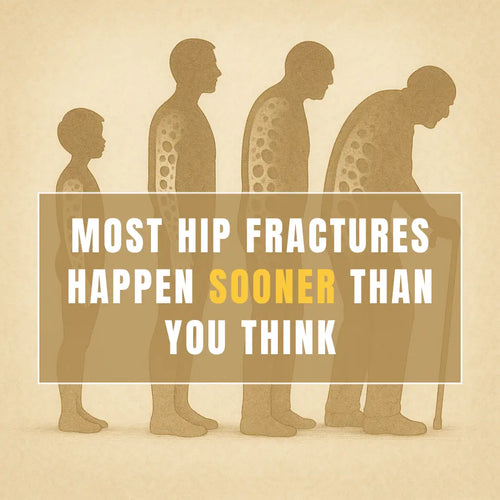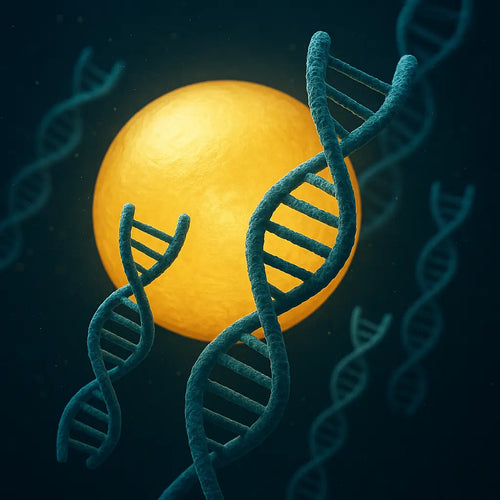You may have heard that high cholesterol does not significantly increase the risk for cardio vascular disease.
You may also have heard that high cholesterol food like eggs will not increase your total cholesterol and LDL, the so called bad cholesterol.
However, if you look a little bit closer at the research claiming that eggs will not raise the cholesterol, you will find that the design of those studies is such that the outcome was already known before the research started.
Here are a couple of examples of how it can be done.
If you use study participants that already have high cholesterol and give them a couple of eggs a day, you will not see a significant increase in cholesterol in those who are eating the eggs compared to those who are not. The reason is that it would take a lot more to further increase the cholesterol of somebody who already has high cholesterol.
You can safely give them two eggs a day knowing that you will not see any difference.
You can also compare participants who eat a diet high in glycemic index carbohydrates known to raise cholesterol with a group who eats low glycemic index foods high in cholesterol. Even if the high cholesterol foods increase the cholesterol, it will not increase it more than the high glycemic index carbohydrates, so when the two groups are compared there is no significant difference.
If, however, you have study participants with low cholesterol and gave them two eggs per day, their cholesterol would go up.
This study is interesting because I don’t think anybody would disagree with the opinion that plaque of the carotid artery is a cardiovascular risk. 1,262 participants with an average age of 61.5 years (47% were women) had the buildup of plaque in their carotid artery measured. Other relevant information was also collected.
The results showed that after the age of 40, carotid artery plaque increased linearly with age, and increased exponentially with packs of cigarettes per year of smoking, and also with years of eating egg yolks (Spence JD, et al. 2012). A difference was seen between those eating less than 2 egg yolks per week compared to those who ate 3 or more per week.
In this study, consumption of 2 eggs per day for 3 weeks increased total cholesterol by 11% as a result of increased LDL cholesterol (Levy Y, et al. 1996). HDL the so called good cholesterol decreased by 11%. It’s better to have high HDL levels.
Cholesterol is not the only thing that is undesirable when it comes to eggs.
Choline is an ingredients in eggs, and while we need some choline, we don’t need too much. Choline is metabolized by gastrointestinal bacteria to the metabolite TMAO and in this study the levels of TMAO were measured after ingestion of 2 hard boiled eggs (Tang WH, et al. 2013). I am not going into details of the research here, you can read the whole article yourself if you like, just click on the link below.
The researchers concluded that increased levels of TMAO from dietary choline are associated with an increased risk of major adverse cardiovascular events.
Some years ago I used to tell people that eggs were good, but I have changed my mind, there is just too much research indicating that it’s not.
The truth is that eggs don’t have enough beneficial nutrients to overcome the increased risk of cardiovascular disease.










